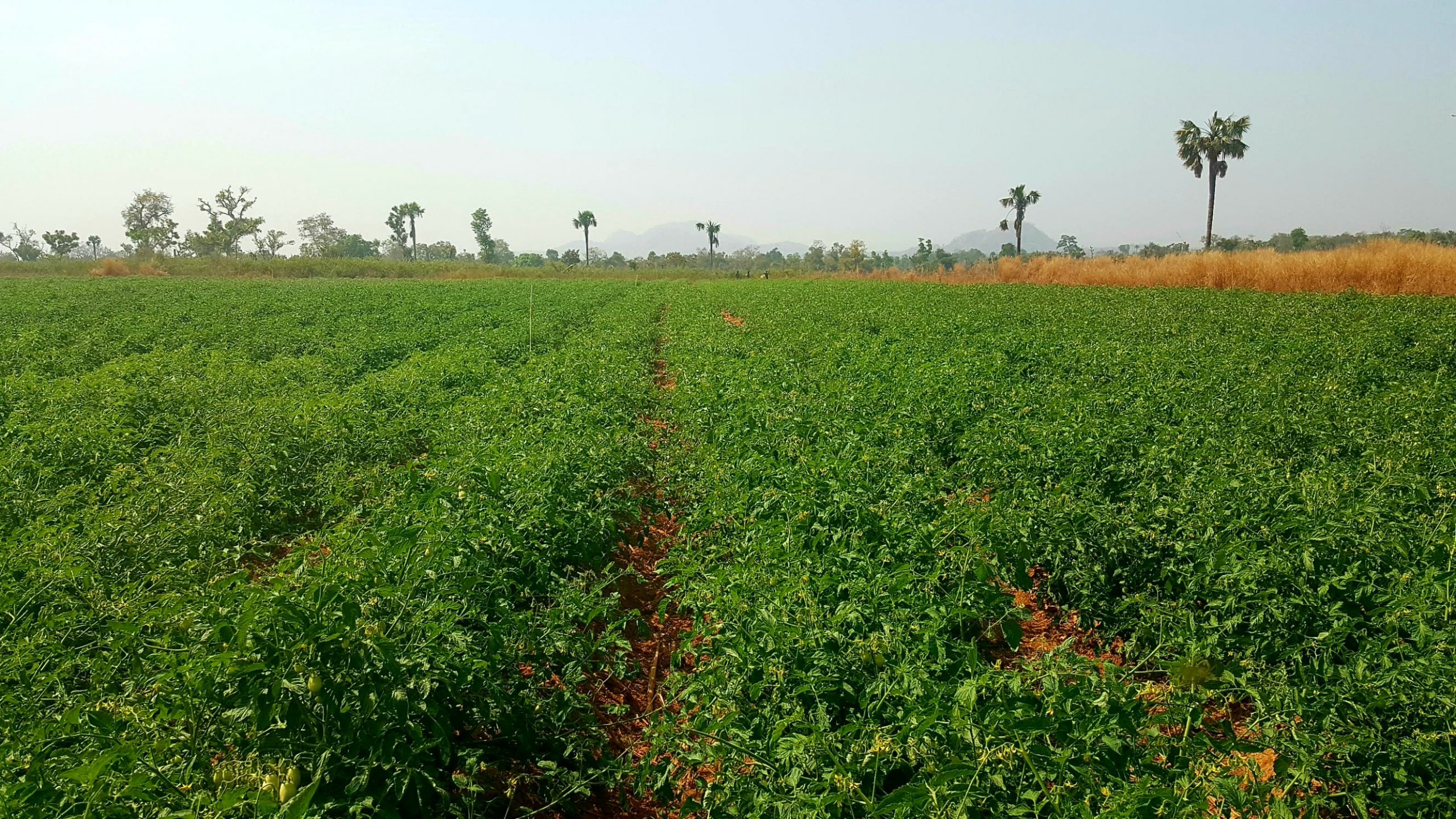Every Challenge I See in Nigeria Represents Opportunity – Metha, Tomato Jos Founder

Every Challenge I See in Nigeria Represents Opportunity – Metha, Tomato Jos Founder
Seye Joseph
Initially, Mira Mehta’s intention was not to start any venture in Nigeria but to resume her job at Clinton Health Access Initiative. But in time, her passion and inquisitiveness paved way for her to own acres of tomato farmland that is producing tomato paste known as Tomato Jos in Plateau State, Nigeria.
According to Mehta, she spotted rural farmers struggling with their tomatoes rotting out before reaching the consumers. At that time, her friend was taking her around Northern Kaduna and showed her a particular tomato town where tomato farmers face market glut yearly. This prompted her to take up the challenge and start something around it.
Mehta saw that every challenge in Nigeria represented an opportunity for her and it propelled her to find a solution. She said that tomato was one of the most obvious problems at that time and many companies were trying to solve it.
“There were companies that had seen the opportunities at that time but for me, human resources and development are important and has huge opportunities in terms of education and vocational training for young people to be able to position themselves to get better jobs and further their own businesses”
“There were companies that had seen the opportunities at that time but for me, human resources and development are important and has huge opportunities in terms of education and vocational training for young people to be able to position themselves to get better jobs and further their own businesses”, she said.
Mehta did not make hasty decisions to start anything until she had gathered enough information on the idea revealed. She did not start until she read articles by Dangote doing the same thing in 2013 and that encouraged her, knowing that challenges are different on different scale.
She mentioned challenges in infrastructure; trucks break down, buying of diesel, paying for maintenance and perception of people towards Northern Nigerian.
“Most people in Lagos don’t want to come up North but the reality is, the North is very diverse and there are hundreds of different languages, different tribes and different cultures. They term the whole north as Hausa people, it’s a misleading term when you get to the community, and you see the differences between them”
According to the Harvard graduate, the venture company has thirty-four employees and fifteen assistant labourers that work on the nucleus farm. Since inception, the farm has not received any subvention from Nigerian government but sourced for a fund to start the enterprise that is well known in Northern Nigerian.
She said that the company is now working with Nigeria Export Promotional Council to understand what export processes is all about but has not been able to receive any support in terms of agricultural loans from government, she hopes to get that later this year. For us, we are trying to do the business with a sizeable business model and that enables us to produce in Nigeria and for Nigerian market.”
Tomato Jos is here to stay and has no plans on leaving the CEO reiterated. “We are focused solely on the north, our import is very low, the only thing we have to import is fertilizer which is blended and packaged in Nigeria though it is still expensive but everything we are using is still locally produced and we don’t face the Foreign Exchange challenge most organisations face. For us, we are trying to do the business with a sizeable business model and that enables us to produce in Nigeria and for Nigerian market.”
In a way to empower farmers in the communities, she said Tomato Jos will teach farmers best practices on a model farm, so they can set them up for success on their own. With new techniques taught, the startup will equip farmers with high-quality seeds, fertilizer and on-site advice when problems arise. When it is time to harvest, Tomato Jos will buy farmers’ tomatoes at a fair price and then use them to make an all-natural tomato paste which she hopes to start selling in grocery stores.
“In terms of sustainability in the communities, we are trying to involve the communities through agro program to contract tomatoes from farmers and also through employees benefit program that will be provided such as loans and other forms of assistance like getting them bank accounts, which will help them save. Thingslike this will increase our sustainability within that community and will keep the communities’ desire to keep us running in business”, Mehta mentioned.
I always like to say that the best way to get me to do something is to tell me you don’t think I can do it. I love challenges, and beating the odds, and I want to build an amazing company here in Nigeria that will inspire other people, too
Footnotes
Nigerians refer to a “cute girl” as “Tomato Jos” because the tomatoes from Jos are especially sweet and juicy.
@LeadPreneur



Sorry, the comment form is closed at this time.